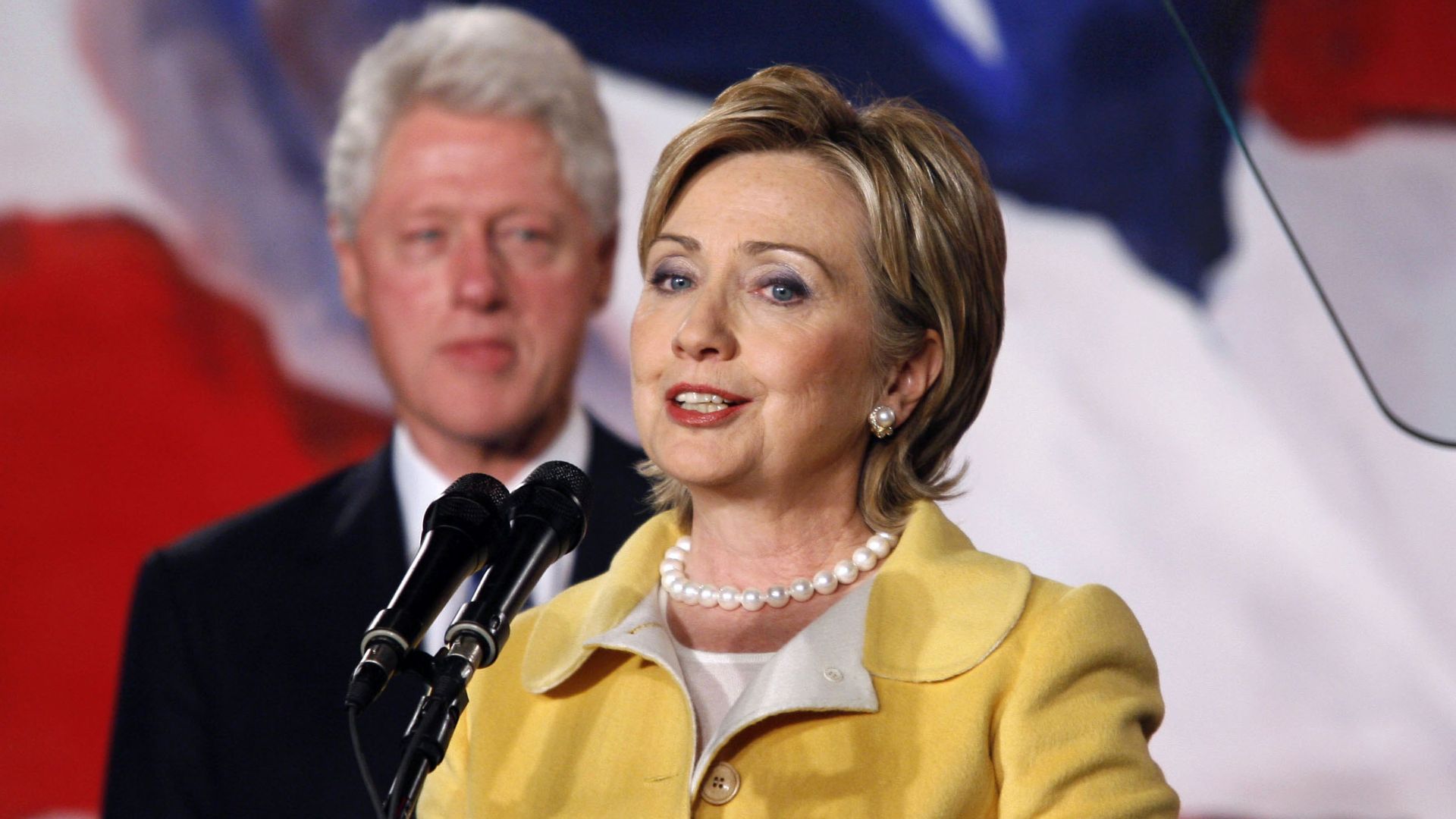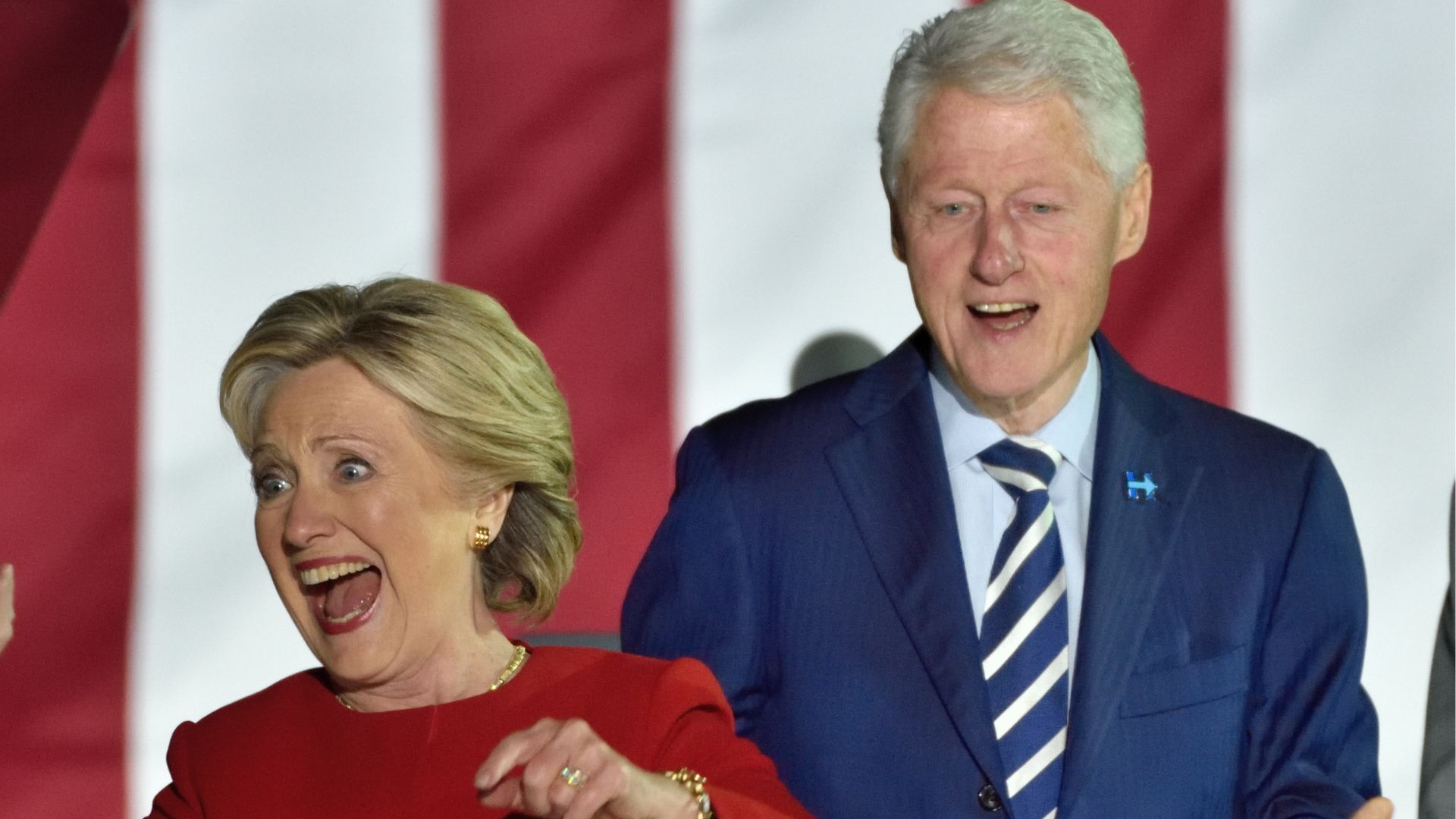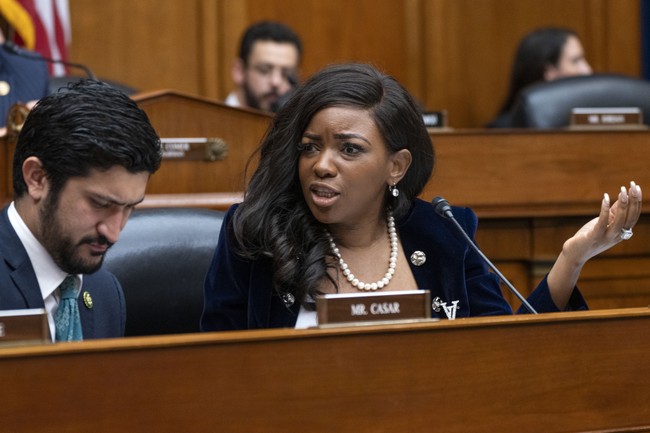A U.S. Tax Court judge has tentatively scheduled a December 1 trial in a case brought by two whistleblowers who claim they were wrongly denied an award for identifying alleged tax violations inside the Clinton Foundation.
The case, however, is facing resistance from the Internal Revenue Service under the Trump administration.
The IRS filed a motion last week to dismiss the case, which was initiated by retired federal agent John Moynihan and private fraud investigator Larry Doyle.
Trump’s Sovereign Wealth Fund: What Could It Mean For Your Money?
Judge Alina I. Marshall ordered the petitioners to respond to the motion by September 15. The IRS also requested an extension of time to file the Administrative Record with the court.
The agency argued that the whistleblowers lack standing to sue because their complaint was never advanced beyond an initial review.
“In this case, the Whistleblower Office denied petitioners’ claims because the petitioners’ claims were never considered in an IRS action,” the agency wrote in its motion.
Following the classifiers’ preliminary review, the Classifier declined to forward petitioners’ claims to exam and recommended that it be forwarded to the CI [criminal investigation] division.
This Could Be the Most Important Video Gun Owners Watch All Year
The IRS did not proceed with any potential action when it investigated petitioners’ claims.”
The filing came the same week Just the News reported that a memo uncovered by FBI Director Kash Patel showed the Obama-era Justice Department and senior FBI officials blocked multiple investigations into the Clinton Foundation.
According to the memo, then-Deputy Attorney General Sally Yates directed officials to “shut it down” in March 2016.
The Clinton Foundation has consistently denied wrongdoing and has said past allegations were politically motivated.
Doyle told Just the News the IRS filing was consistent with the government’s past handling of the case.
“Not surprising that the IRS would seek to dismiss our case in this fashion simply because that is the same tactic the IRS deployed in our initial case ongoing now almost 6 years in U.S. Tax Court and growing more serious everyday,” he said.
“The simple fact is the more the American public learns about the Clinton Foundation as it has in recent days, the more it is entitled to know all the truth and facts involved.”
Court documents revealed that Moynihan and Doyle alleged the Clinton Foundation may have acted as an unregistered foreign agent in violation of the Foreign Agent Registration Act (FARA).
One IRS summary document stated: “The company has not registered under FARA and receives funds from and works on behalf of foreign governments.”
Another allegation claimed the foundation contributed to activities outside the scope of its tax-exempt status, including funding abortions overseas.
“Documents received from India indicate the company was approved for information purposes related to family planning,” one memo said.
“The company operates outside of those purposes stated to the I.R.S. in the form of commercial for-profit condom and associated products retailers, abortion procedures for profit and sundry other commercial enterprises.”
The whistleblowers also alleged that the foundation operated as a for-profit entity in certain countries while maintaining non-profit status in the United States.
Their complaint stated: “The company has been recognized Internationally by foreign governments as a for-profit enterprise and as such is reporting revenues to those countries either in the form of profits or losses […] Upon review, the foreign operations have balance sheet loans payables to the 501c3 headquartered in the U.S.A. yet 990 reviews here show no loan receivables.”
Moynihan and Doyle first disclosed the existence of their 2017 whistleblower complaint during congressional testimony in December 2018.
At the hearing, Moynihan said: “The foundation began acting as an agent of foreign governments early in its life and throughout its existence. As such, the foundation should’ve registered under FARA (Foreign Agents Registration Act). Ultimately, the foundation and its auditors conceded in formal submissions that it did operate as a (foreign) agent, therefore the foundation is not entitled to its 501c3 tax-exempt privileges as outlined in IRS 170 (c)2.”
The foundation has acknowledged past compliance problems identified in internal audits but maintains that it corrected those issues and complied with federal law.
The case was first allowed to proceed in 2020, when Tax Judge David Gustafson rejected an IRS motion for summary judgment.
He cited evidence that the IRS and FBI may have conducted a joint criminal investigation into the foundation.
In 2023, former Special Counsel John Durham revealed in his final report that the FBI had at least four open investigations into the Clinton Foundation during the 2016 election cycle.

Those probes, led by the Washington, New York, and Little Rock field offices, involved allegations of fraud and corruption tied to donations and foreign influence.
Durham reported that senior FBI and Justice Department officials curtailed those probes in the months leading up to the 2016 election.
Judge Gustafson’s decision now allows Moynihan and Doyle to incorporate Durham’s findings into their case as it moves toward trial.
Read the full article here







![Karoline Leavitt Cooks Democrats as the ‘Greatest Con Artists’ Over Affordability Narrative [WATCH] Karoline Leavitt Cooks Democrats as the ‘Greatest Con Artists’ Over Affordability Narrative [WATCH]](https://www.lifezette.com/wp-content/uploads/2025/09/2025.09.24-09.03-lifezette-68d3b3f074c34.jpg)




